Dr. Dhiman Chowdhury; Professor of Accounting, DU
Published:2018-03-29 23:00:01 BdST
Why corporate tax collection is so low
One vital area of good governance in a country is its good taxation system. Bangladesh now stands at the bottom of tax revenue compared with the rest of the world.
The total tax-GDP (gross domestic product) ratio is currently around 10.5 per cent compared to India's 16 per cent, Indonesia's 13 per cent, Vietnam's 24 per cent, and Sri Lanka's 12.1 per cent. And corporate tax collection as a percentage of GDP in Bangladesh is 2.33 per cent compared to India's 3.62 per cent, Thailand's 5.15 per cent, and Indonesia's 5.58 per cent.
SO MANY TAX RATES
There are at least seven tax rates: 12 per cent for garments, 15 per cent for cooperatives, 25 per cent for publicly listed companies, 35 per cent for private companies, 37 per cent for merchant banks, 42 per cent for banks, and 45 per cent for tobacco companies. But there is only one tax rate in most of the countries around the world.
EXEMPTIONS
Dhaka Stock Exchange and Chittagong Stock Exchange are exempted from income tax at 20 per cent to 100 per cent for a period of five years. Stock exchanges are same as other public limited companies and owned by industrialists. The Securities and Exchange Commission is exempt from tax from the year 2015 for five years at 100 per cent in the first year and 20 per cent in the fifth year (SRO 195).
Jute goods, knitwear and woven garments, textiles are taxed at reduced rates from 10 per cent to 20 per cent (SRO 194). Grameen Bank is exempt up to 2020 (SRO 121, 2016). It earned a profit of TK1392 million but no tax was charged in income statement and balance sheet.
As a result, the government lost tax TK1392 x 40 per cent or TK557m. Small and medium enterprises having an annual turnover of not more than TK3.6 million are exempt from income tax under paragraph 39 of Part A of the Sixth Schedule that clashes with the basic law of income tax where any income over TK250000 is taxable.
A business with a turnover 3.6m may earn a profit of more than TK250000. Similar inconsistencies remain for some other businesses which get exemptions like cinema hall and Cineplex, agricultural college and universities, and private agricultural college (u/s 37), IT-related business for eleven years, rental income from multistoried building for ten years.
Incomes of professional institutes like the Institute of Chartered Accountants of Bangladesh and Institute of Costs and Management Accountants of Bangladesh are exempt from tax (Sixth Schedule). Not only this, they each receive government grants of TK20m (Annual Report). Their counterpart ICAEW of UK pays income tax (Annual Report 2016).
Dhaka Chamber of Commerce does not pay income tax although it made an average income of TK72m during 2015-16. The National Board of Revenue introduced income tax on trade bodies in 2011. The issue has been protested by trade bodies and the decision from the government is awaiting (DCCI Annual Report 2016). British Chamber of Commerce paid income tax BPS17000 on their meagre income of BPS61000 (Annual Review 2013-14).
Elite clubs of Dhaka do not pay income tax although they have income from commercial activities. The Gulshan Club authorities in Dhaka sought direction from the court on the National Board of Revenue (NBR) to exempt the club from paying income tax and filing tax return.
Partnership firms are taxed at individual tax rates by slabs of 0 to 30 per cent whereas in India these are taxed at marginal tax rate of 30 per cent.
MANIPULATION
Life insurance companies showed losses since inception following wrong accounting policies and did not pay income tax for decades (browse accounting and taxation of life insurance companies in Bangladesh). Income in real estate business is recognised when the property is complete and handed over to buyers.
These companies showed work in process (incomplete work) at 4 to 5 times of cost of sale and thus deferred income and income tax. The ratio in UK and USA companies is only 0.41 to 1.08 times (Annual Reports of Barrat, Persimmon, Beazer and KB Home).
ADVANCE INCOME TAX AS FINAL SETTLEMENT
Advance income tax (AIT) is considered final settlement u/s 82C for many businesses which is much lower than if final tax is assessed. Even if AIT is not a final settlement, a firm might have a tendency to do back calculation so that final tax does not exceed AIT. There is evidence of garments and real estate industry using this tax avoidance technique.
WHY ALL HAVE TO PAY TAX
In the developed countries all associations societies, charities, funds and trusts have to pay tax when there are surplus no matter whether they are charities or speculative business.
Finance Minister AMA Muhith rightly said on September 12, 2016 at a meeting that "No matter what the amount is, everyone with an income should pay tax". An institution must search for alternative sources of income from alternative sources of investments based on market mechanism for sustainable development. There is no harm in pursuing both cultural-educational and commercial-profit making ventures.
Second, tax is not a burden rather a small payment to government for using its roads, bridges, airports and other infrastructure and utilities. Parking space income, rental income, mobile towers, shops, commercial centres, bar and restaurants are commercial activities of some organisations whether these are charitable or religious or purely business ones.
Third, there are tax holidays for certain years for new business establishments. And corporate losses can be carried forward for six years.
Even charitable, education and cultural organisations should pay income tax. The British Council does commercial ventures for profit in addition to its cultural and educational purposes, and therefore, has to pay income tax in some countries. Its tax status, and its liability to tax, varies from country to country according to relevant tax legislation and regulations. It provided BPS4.6m for income tax in 2014-15 (Annual Report).
BRAC, the largest NGO, started with village development programmes, then gradually expanded to commercial ventures like oral therapy extension programme, primary education, dairy and food project, information technology, and university. Taxable income of BRAC in 2015 was TK17304 million and tax charge was TK486 million, i.e., 2.8 per cent. In India, charitable and religious trusts file income tax return under I.T.A. 1961 and pay income tax at 30 per cent marginal tax rate on trusts' income in excess of 15 per cent.
UK charities pay tax on dividends received from companies and profits from developing land or property. They also have to pay income tax when any income is spent for non-charitable purpose. Family trusts are taxed at 45 per cent. ASA. an NGO for poverty alleviation, provided TK568m for income tax in 2016-17.
Unauthorized use or reproduction of The Finance Today content for commercial purposes is strictly prohibited.


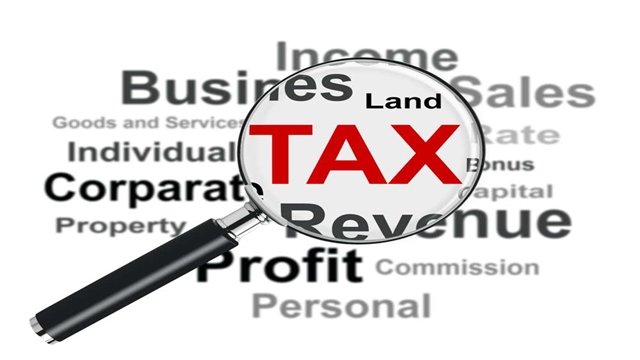
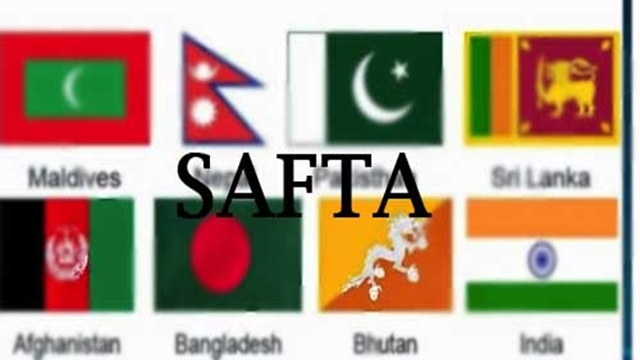


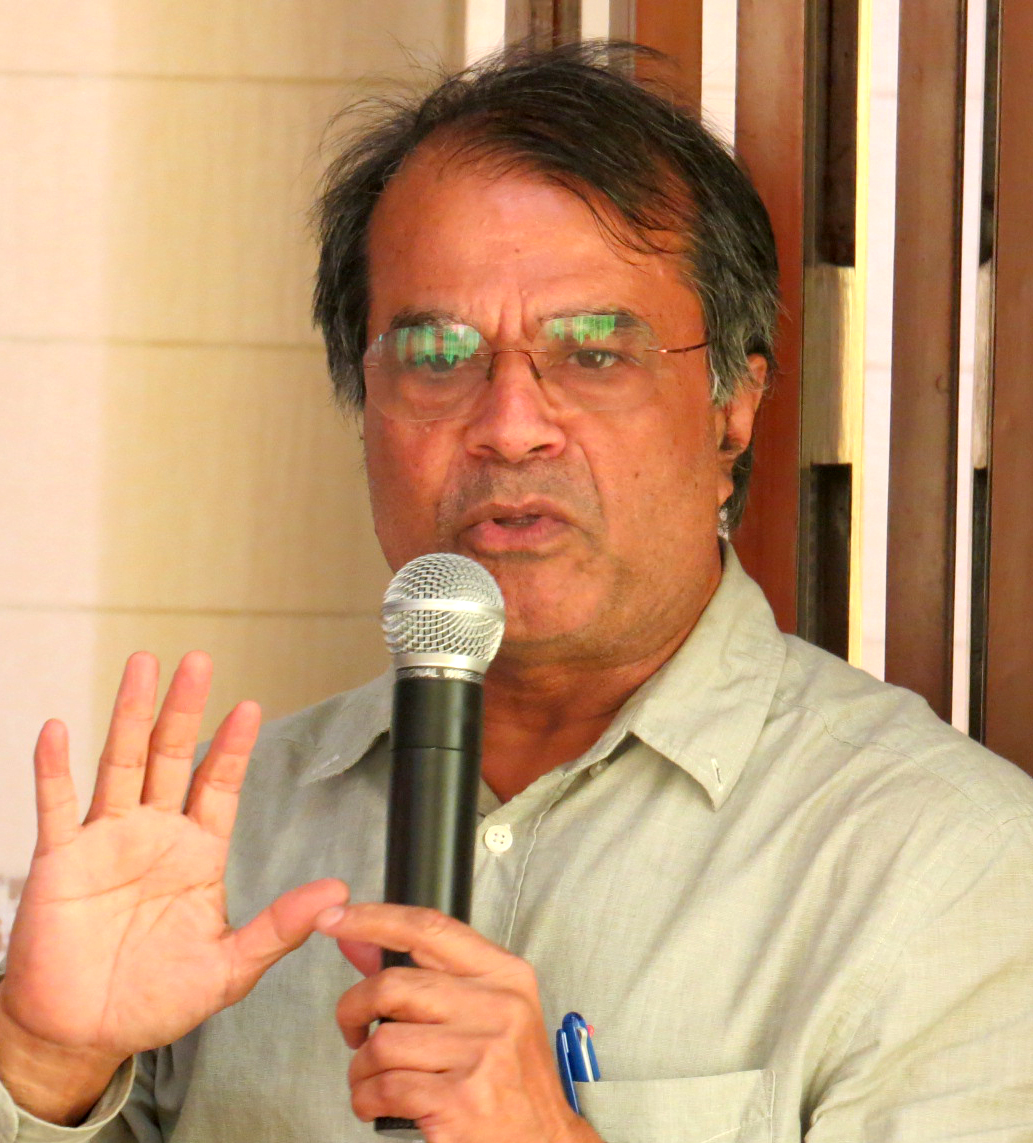
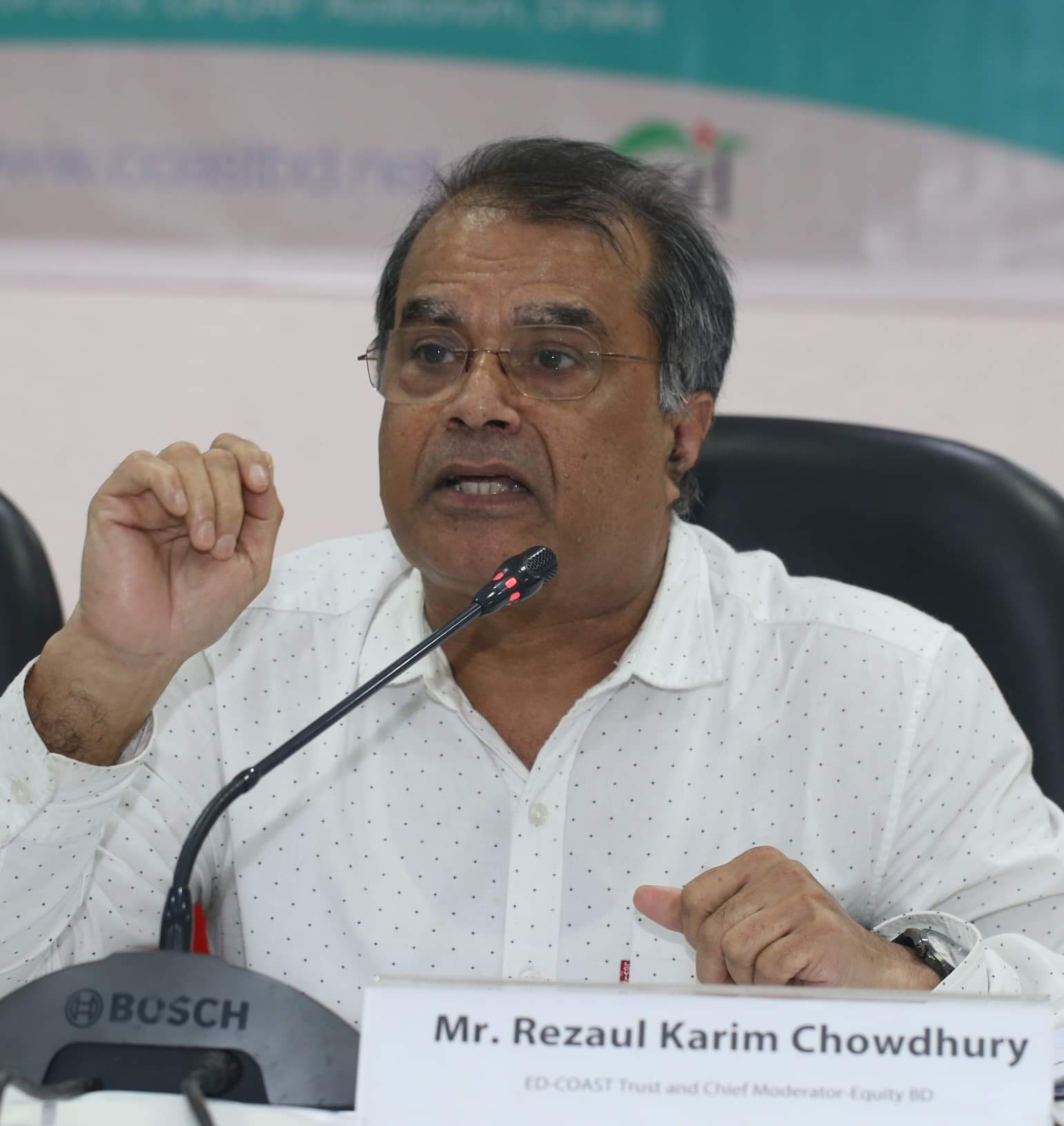
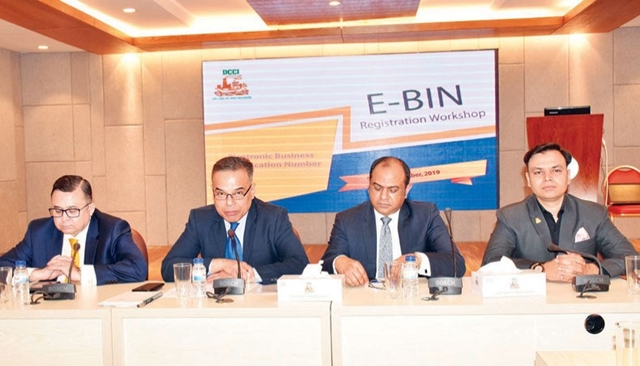

-2022-11-01-18-53-12.jpeg)